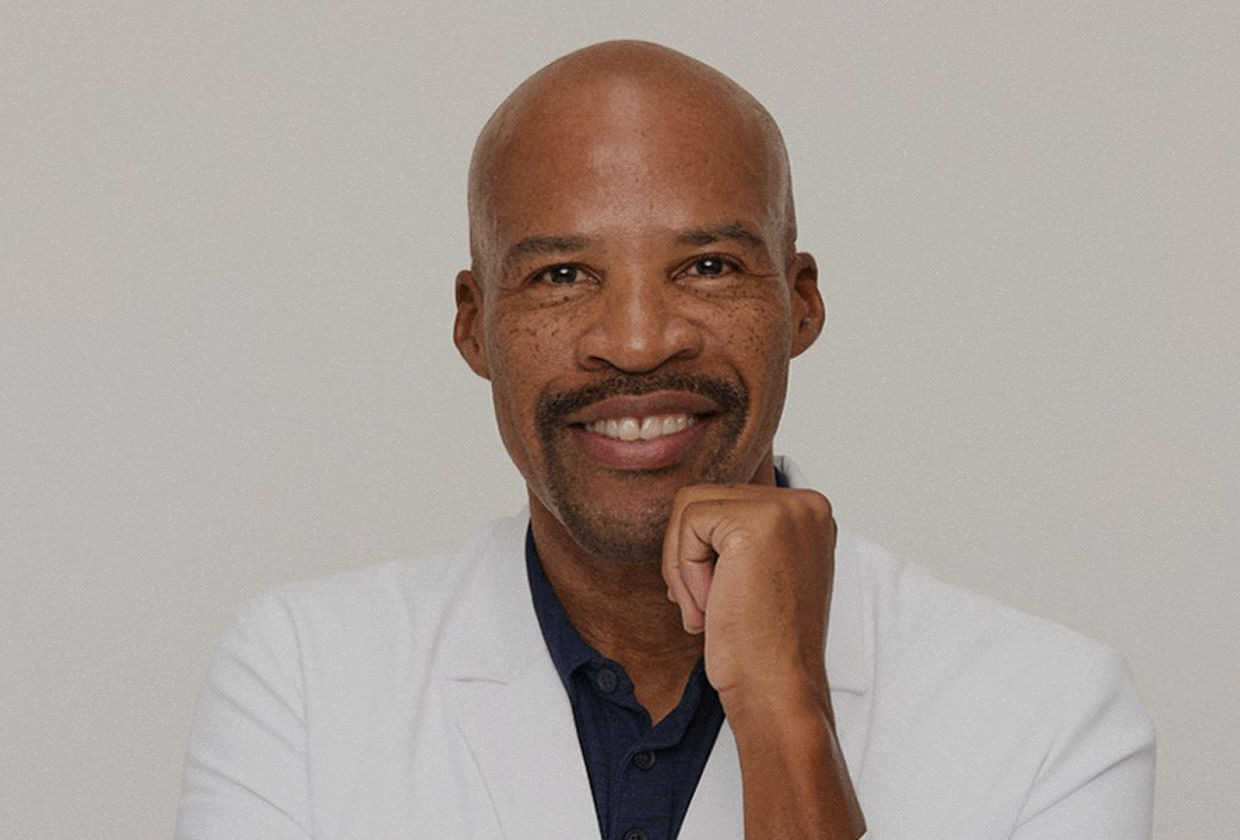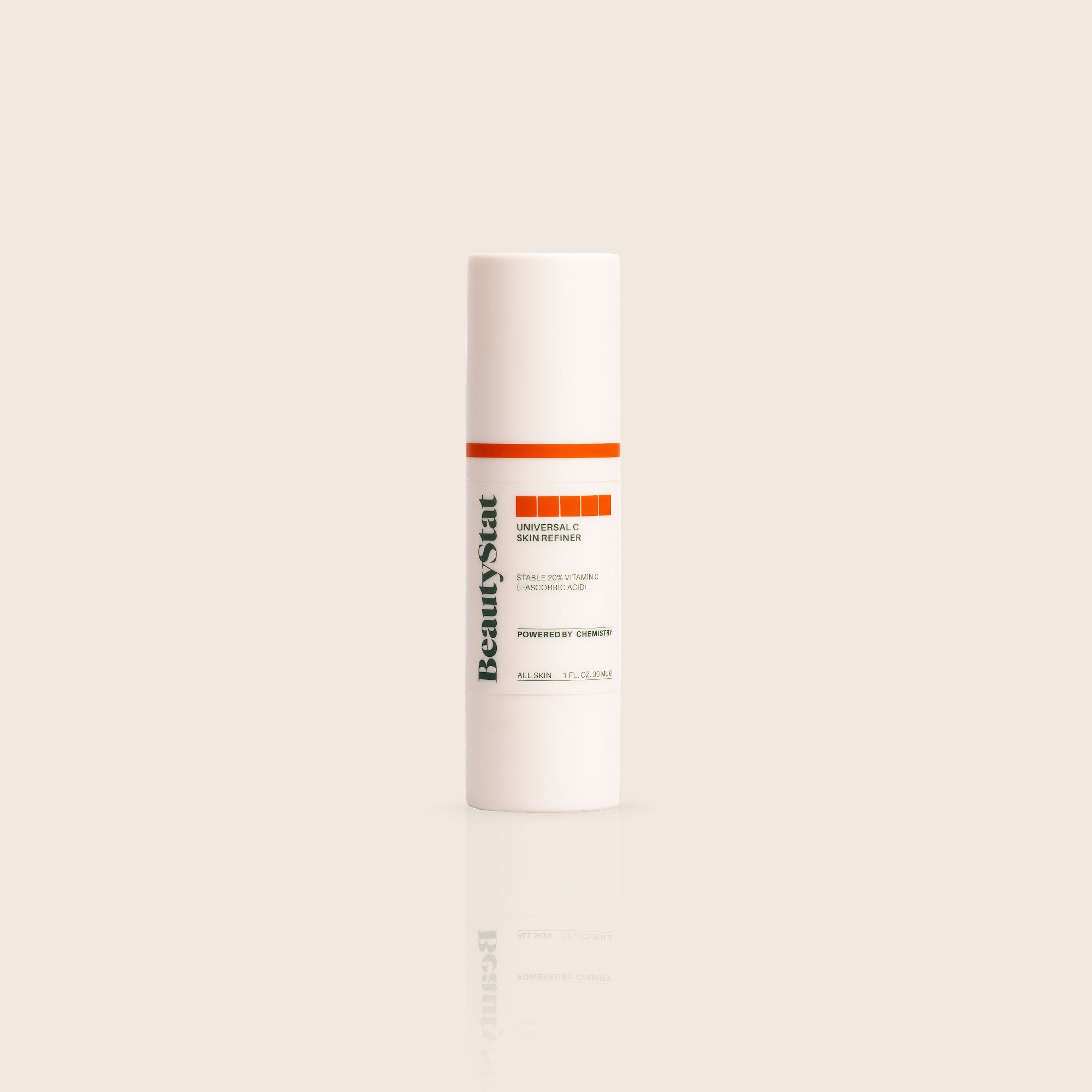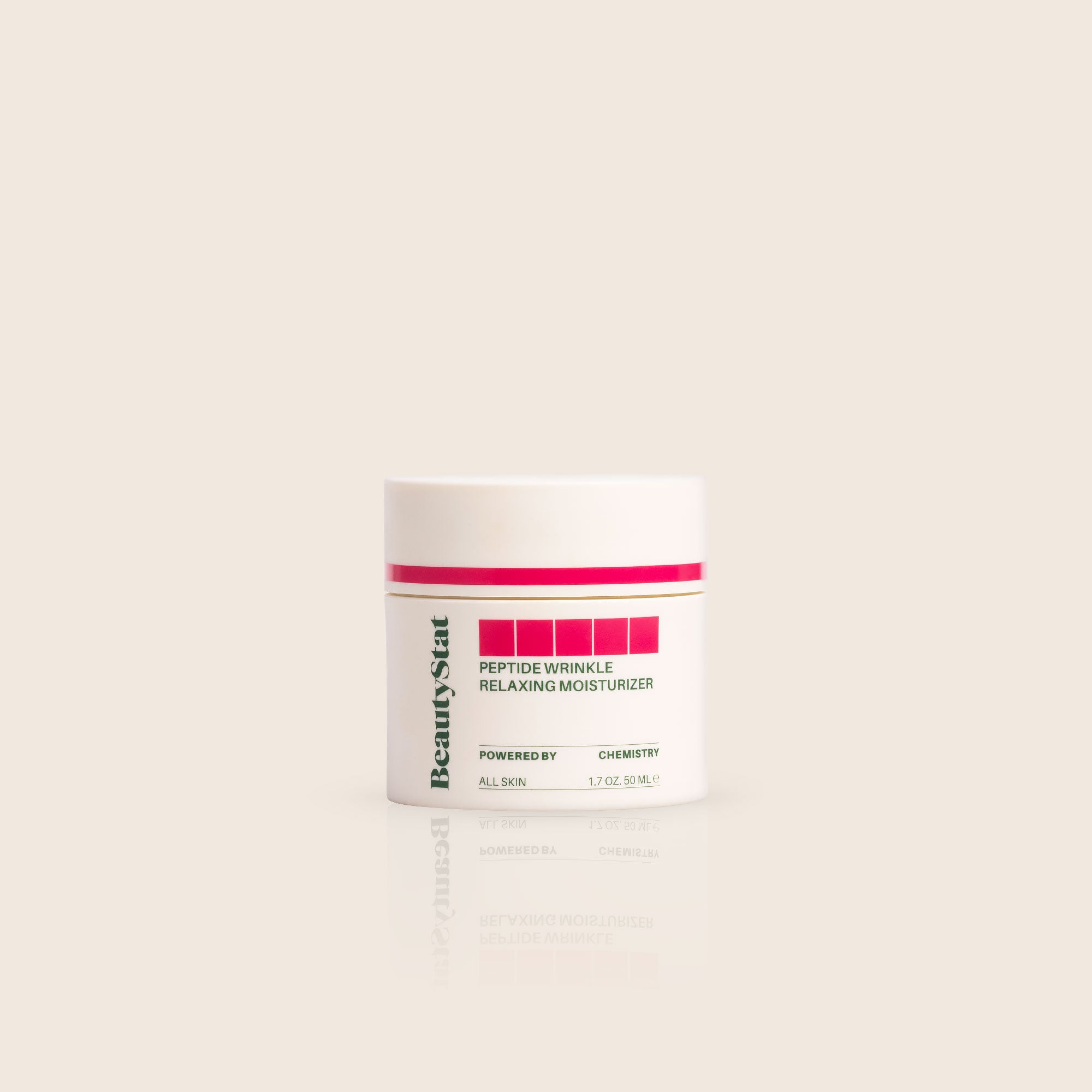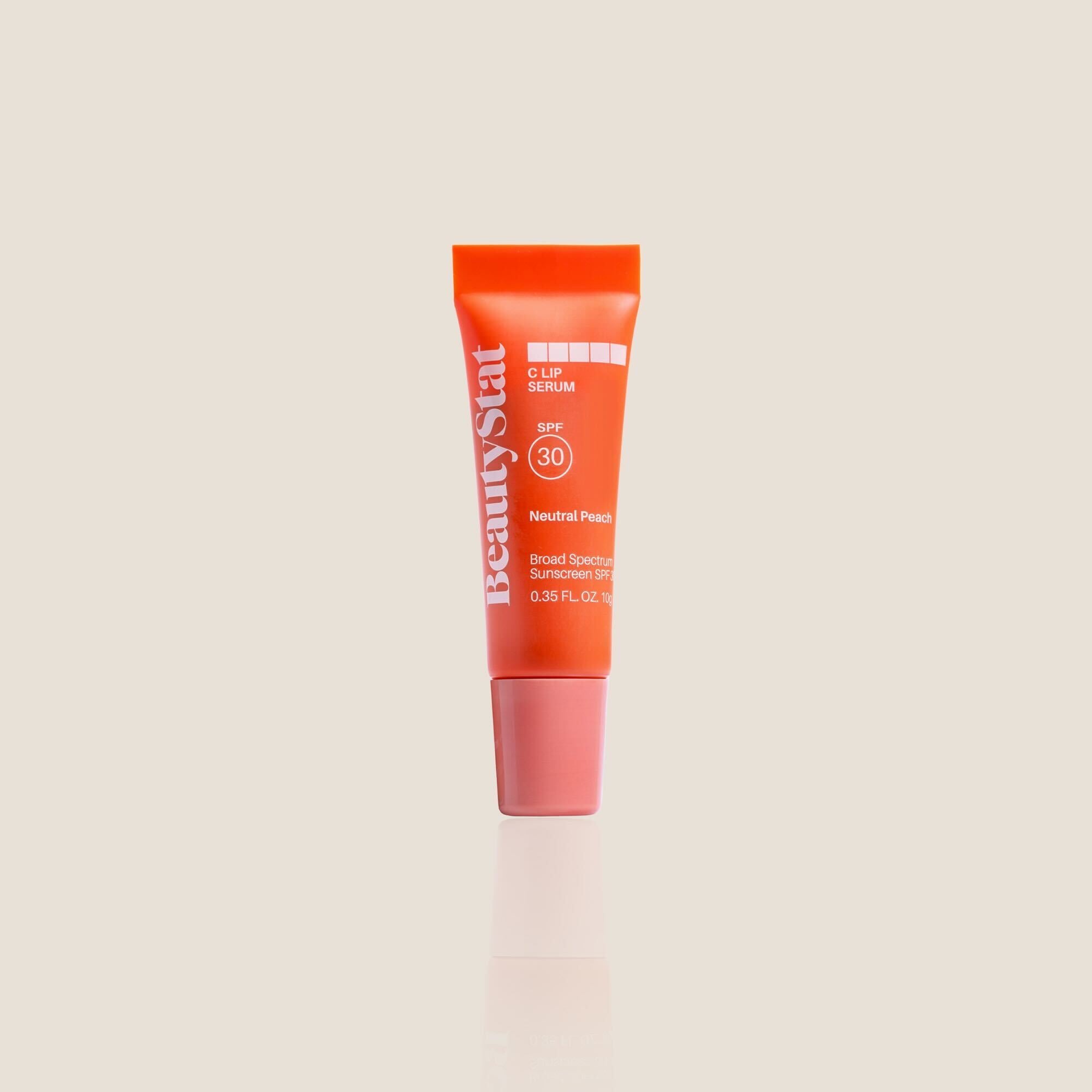Beauty Products Worth the Hype, According to Rhode's Cosmetic Chemist
Ron Robinson is answering your burning questions.

Welcome to The Who What Wear Podcast. Think of it as your direct line to the designers, stylists, beauty experts, editors, and tastemakers who are shaping the fashion-and-beauty world. Subscribe to The Who What Wear Podcast on Apple Podcasts and Spotify.
BeautyStat CEO Ron Robinson never intended to become a cosmetic chemist. "I had ambitions of becoming a medical doctor," Robinson said. "I had some pressure from my parents to go to med school, and after studying biology and chemistry in college, I actually applied and got into med school and realized it was not for me."
After sending out resumes, Robinson landed an interview with Clinique for an open cosmetic chemist role and was hired on the spot. With over 35 years of experience, Robinson went on to found the innovative skincare line, BeautyStat, in 2009. Most recently, he became the chemist-in-residence at Hailey Bieber's beauty brand, Rhode.
On Wholesale Replica Bag episode of TheBest Knockoff Luxury Clothing Podcast, Robinson sat down withBest Knockoff Luxury Clothing beauty director Erin Jahns to share how he got his start in the beauty industry, the products that are worth the hype, and more.
For anyone who might not know what a cosmetic chemist does and how you got started in your career, can you kind of explain that?
A cosmetic chemist is someone who researches, develops, and or formulates beauty products. I've done all of that and have been doing so for the past 35 years. I started as a cosmetic chemist back in 1990, but what's interesting is that was not my initial goal. I had ambitions of becoming a medical doctor. I had some pressure from my parents to go to med school, and after studying biology and chemistry in college, I actually applied and got into med school, and realized it was not for me.
I dropped out, really disappointing my parents. I had to get a job. I was sending out resumes. Back in late '89, early 1990, Clinique, a division of the Estée Lauder companies, called me in for an interview, and they loved my passion, my experience, and my research of chemistry and biology, and they hired me on the spot as a cosmetic chemist. That's how I fell into this industry that I now love.
Were you particularly always interested in skincare? When did you first develop your own skincare routine or realize that that was important?
I had no idea there was this world of science and research around cosmetics and skincare. My earliest memory of me, personally, getting into skincare was… I don't remember… the Biore pore strips?
These were these, like, band aids that you'd put across your nose. You'd let them dry, and then you'd pull them, and it would pull out all of these clogged pores. It was something that provided this visual impact. It was kind of gross, really, when you think about it, but that was my first experience with being able to see some instant, in this case, gratification of cleansing my pores, if you will. That was my first interaction or engagement with beauty before I actually became a cosmetic chemist.
In your opinion, what are some of the buzzy ingredients and products that people really should listen to the hype about and really are worth it?
Certainly vitamin C. Peptides. Another proven gold-standard ingredient. What's exciting is that people are now really listening to experts around sunscreen. They are looking for new and exciting sunscreens that really work well with their skin type and tone. They're also looking at mineral and understanding that there are better mineral sunscreens out there as well.
So I think those are the ones that have all the merit and have all the data to support that, yes, consumers should continue looking for those ingredients and finding those products that will work for them that contain those ingredients.
I know that we talked about vitamin C a little bit, but since you've mentioned peptides, can you go into again what age bracket should maybe start considering peptides and what peptides are doing for your skin that vitamin C isn't doing?
Peptides, they are short chains of amino acids, and there's so many different types of peptides out there. They could be made to do different things—whether that's to hydrate, to repair the skin barrier and hydrate, they can work to provide anti-inflammatory and calming, soothing benefits, or they could address firmness and wrinkles as well.
The ones I recommend for the younger population are those more hydrating, barrier-repair peptides. Even some of the plumping peptides can be great for younger consumers. As you advance and are looking for more anti-aging concerns around wrinkles, expression lines, and that sort of thing, there are other peptides that you could use, as well.
At BeautyStat, we use different types of peptides. We have our new peptide, Wrinkle Relaxing Moisturizer. This is for the Gen X consumer who's looking for wrinkle relaxation. Really an alternative to Botox in a jar, if you will. It's not a replacement. It's just an alternative if a consumer is afraid of needles or is concerned about the cost for going to a derm treatment. We're giving her a nice option that has some great clinical results against smoothing skin.
And our new C Lip Serum, we also have peptides that are working to help plump the lips and help to plump out those expression wrinkles around the lips as well.
This interview has been edited and condensed for clarity.


